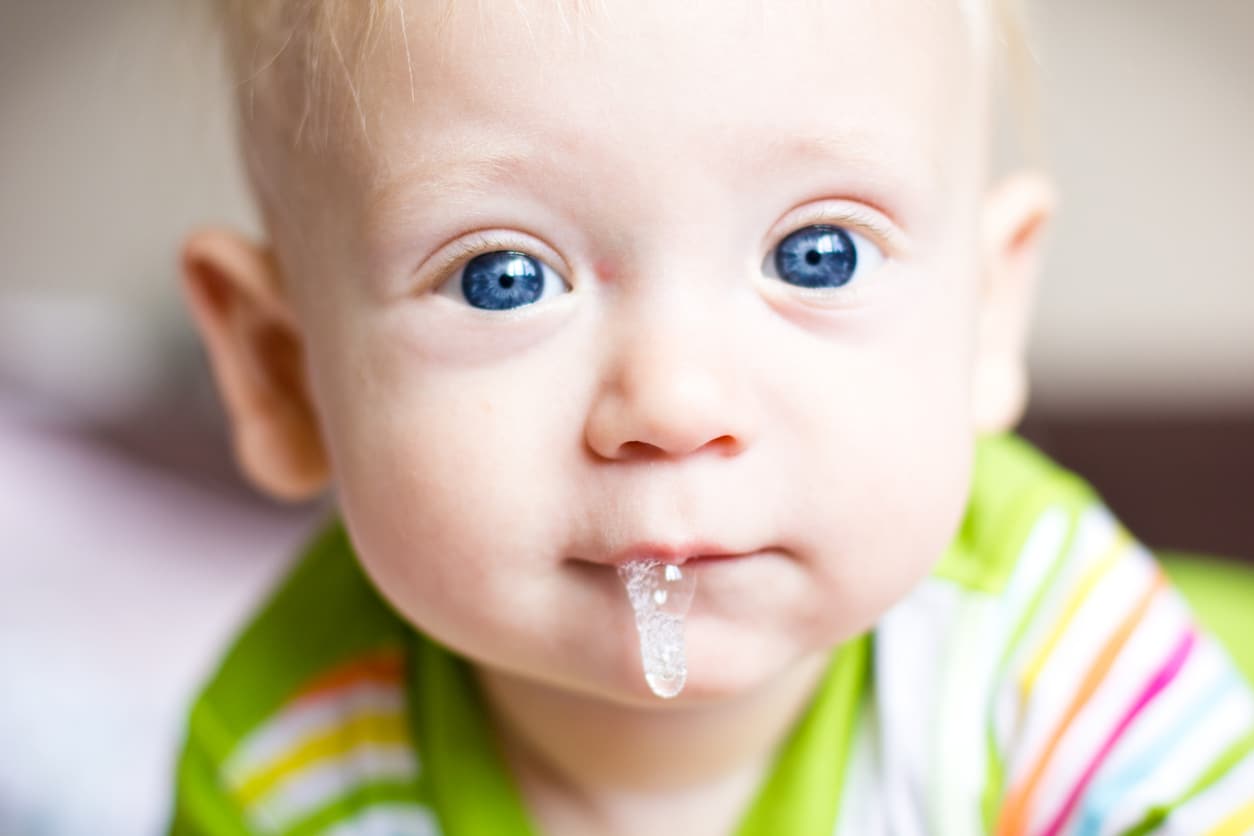The Most Common ENT Issues and How We Help Solve Them
People of all ages are susceptible to ear, nose, and throat (ENT) disorders, which significantly interfere with day-to-day functions. We treat a variety of...
Posted on May 16, 2024
ENTDrooling is the process of saliva dripping out of your mouth—usually unintentionally. Many people associate the symptom with sleeping or the mouth-watering effect of craving your favorite ChopHouse Grille burger. For the most part, drooling is a natural byproduct of saliva production. However, there are a few conditions that can lead to excess saliva production and subsequent drooling.

Difficulty swallowing is a common cause of excess drooling. A few common symptoms of dysphagia may include but are not limited to pain while swallowing, trouble or inability to swallow, regurgitation, hoarseness and drooling.
Dysphagia falls into one of three categories: oral (trouble moving food or liquid through the mouth), oropharyngeal (difficulty moving food or liquid from the mouth to the throat) or esophageal (difficulty moving food or liquid down the esophagus). Your ENT specialist will treat your dysphagia based on its type and cause. Treatments may include muscle-strengthening exercises, medication, lifestyle changes or a feeding tube (in severe cases).
Acid reflux occurs when acid from your stomach flows back up into the esophagus and throat. Symptoms of acid reflux may include a burning feeling in the throat, chest pain, nausea, sore throat, backwash or drooling.
Many people find relief from acid reflux by changing their eating habits and reducing or eliminating alcohol and tobacco intake. Others may find relief from medicine, surgery or home remedies. A few home remedies may include eating dinner earlier, sleeping on your left side and wearing loose-fitting clothing.
Sore throats are a common result of bacterial infections, allergies, tonsillitis, acid reflux and viral infections like the flu or common cold. Side effects of a sore throat may include fever, headache, upset stomach, nasal congestion, runny nose, hoarseness, cough, swollen lymph nodes, trouble swallowing and excess drooling.
Treatment options for a sore throat will depend on its underlying cause and may include medication, antibiotics, antivirals and home remedies. A few home remedies include sucking on ice, resting your voice, avoiding irritants and drinking warm tea with lemon and honey.
Everyone drools sometimes. If you notice nighttime drooling without other symptoms, try sleeping on your back to promote swallowing. If your drooling occurs around the clock or presents with symptoms of another condition, contact today to schedule an appointment with one of our specialists.
People of all ages are susceptible to ear, nose, and throat (ENT) disorders, which significantly interfere with day-to-day functions. We treat a variety of...
Voice disorders can affect anyone and are classified as such when you have a problem with pitch, tone or other qualities of your voice....
Sleep is essential to your health and well-being, yet many people struggle to get their full eight hours. One often overlooked obstacle to a...
Breathing disorders in children can be concerning for parents and caregivers. Understanding common pediatric breathing disorders and their treatments can help in managing these...